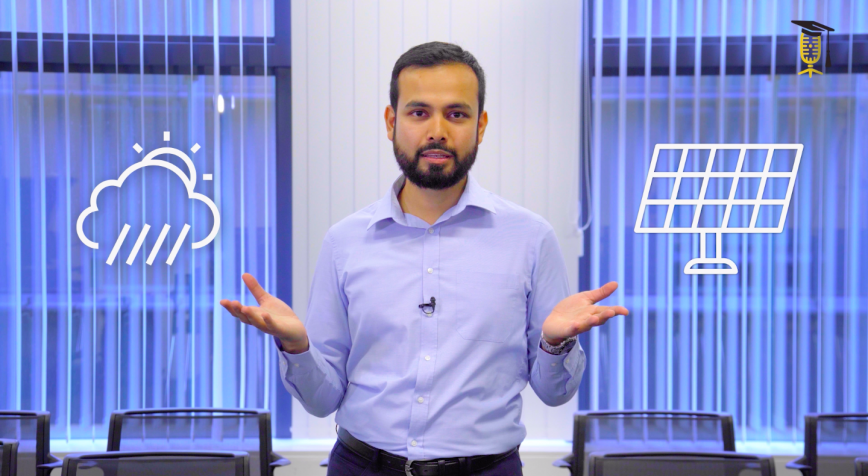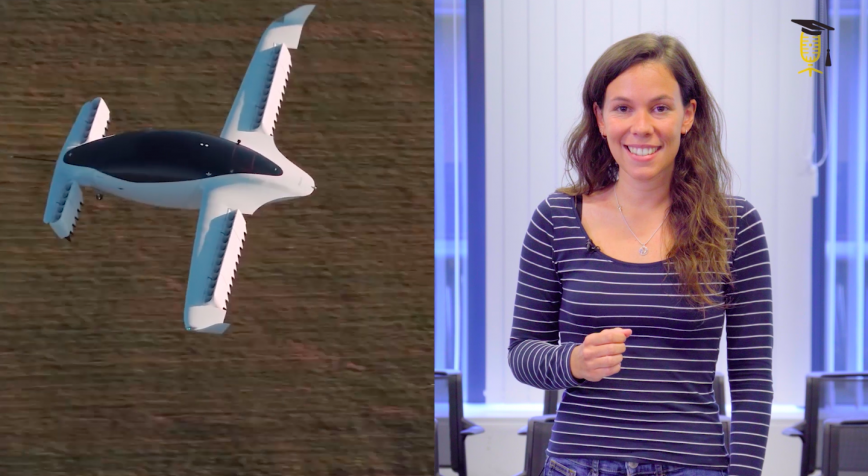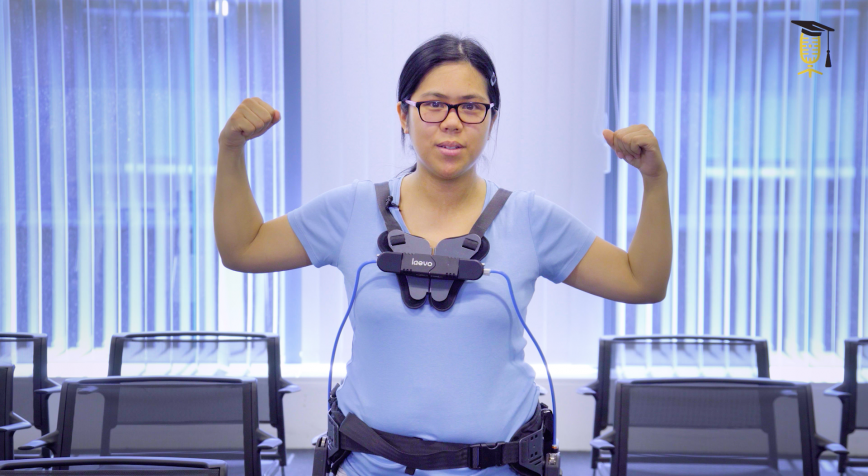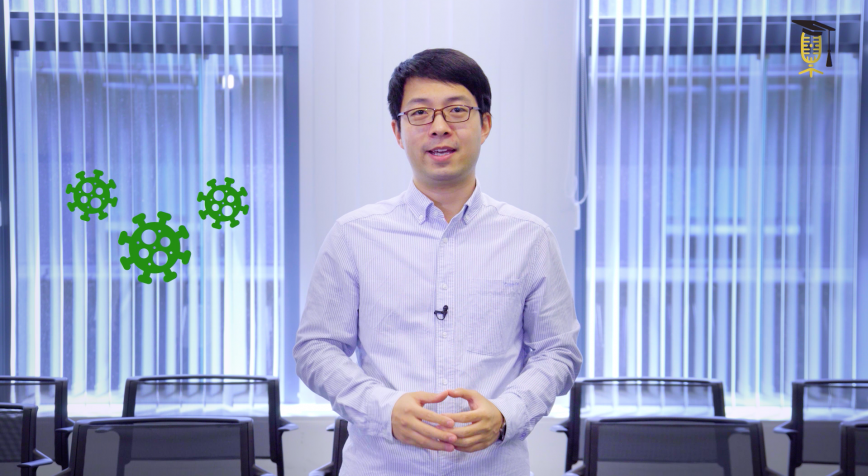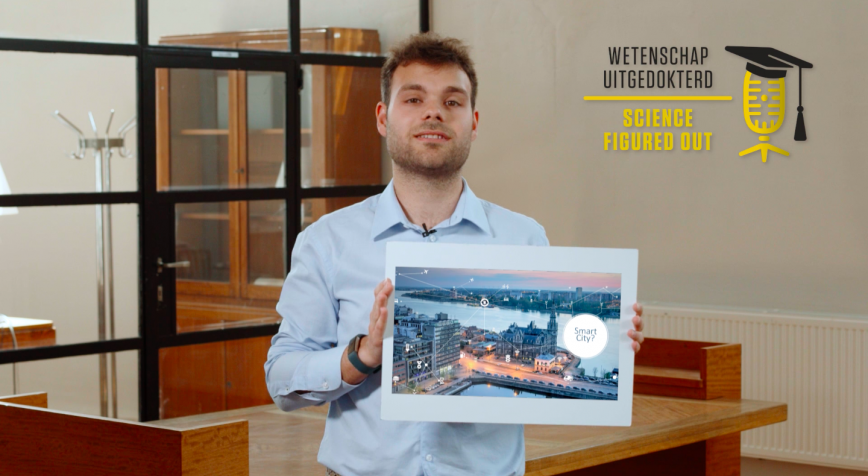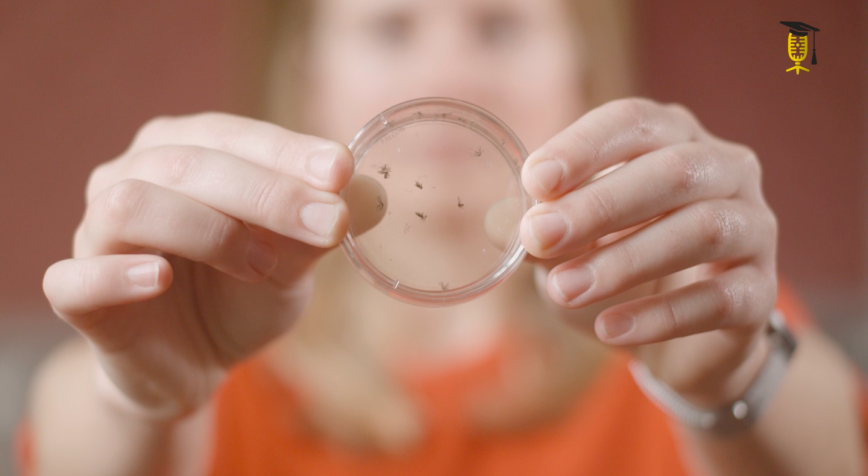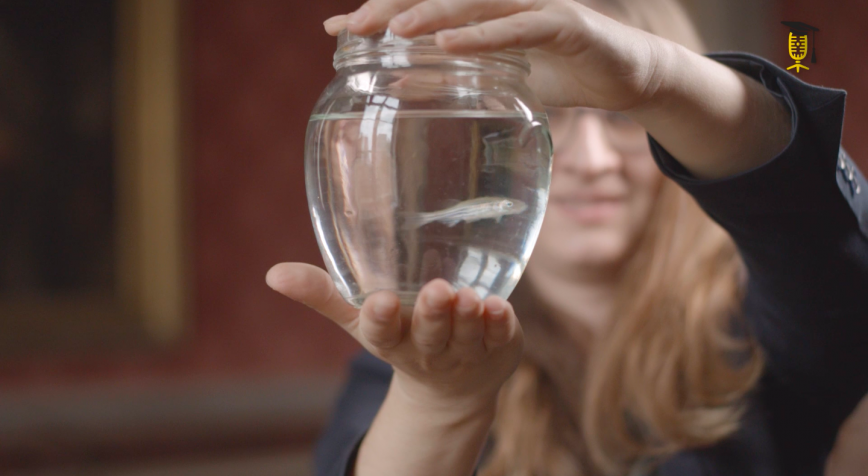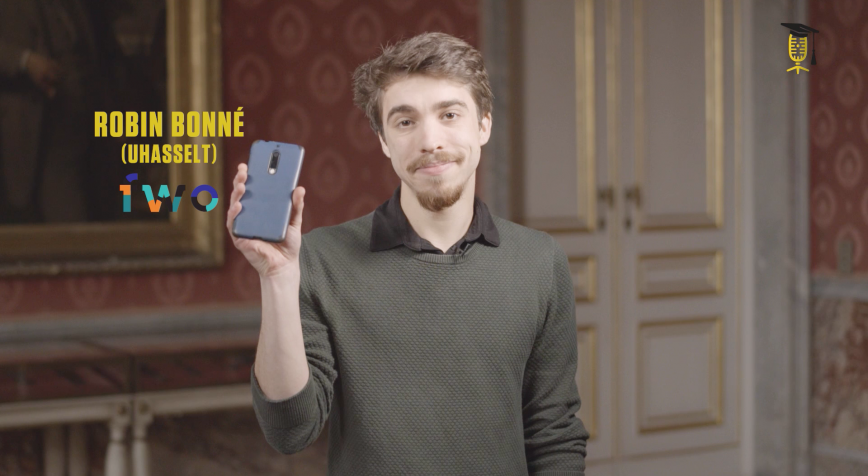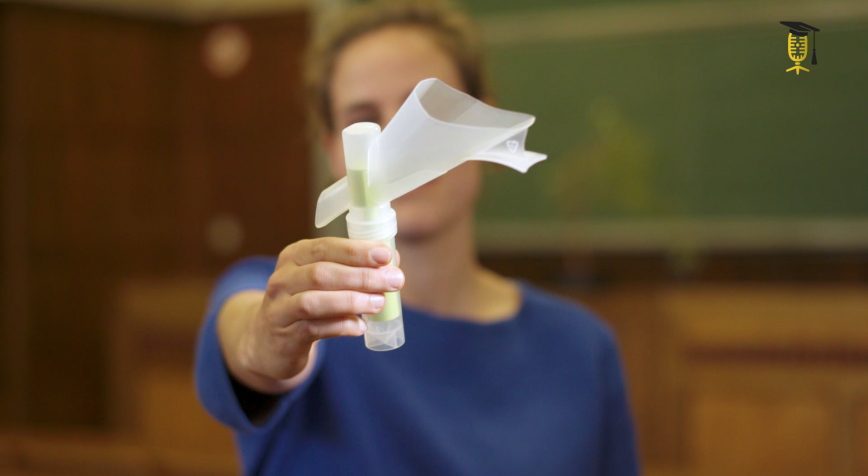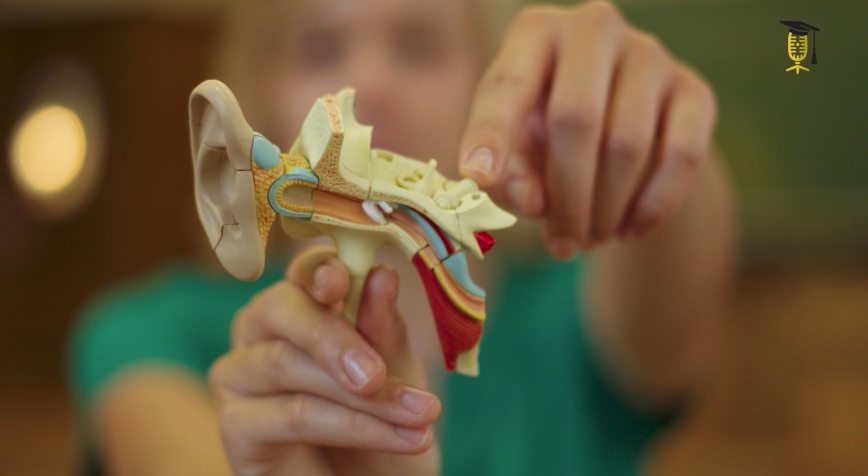
imec
KU Leuven
Projecting holograms
What if we could offer heart surgeons true 3D-representations of their patient's heart instead of having them rely on 2D imaging such as CT scans for complex surgery? Anabel De Proft (imec - KU Leuven) is working on technology to project such 'holograms'.
